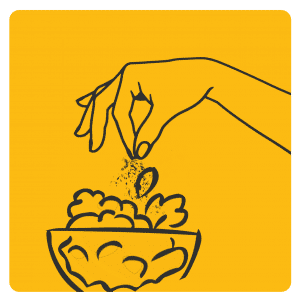
Things You Should Know About Migraine Headache
Migraine is a complex disorder characterized by recurrent episodes of headache. Most often unilateral and in some cases associated with visual or sensory symptoms, collectively known as an aura. That arises most often before the head pain but that may occur during or afterward. The migraine headache phase is generally accompanied by extreme sensitivity to light, sound, and sometimes smell and nausea.
A migraine attack precedes an aura:
- Vision distortions such as bright spots, blind spots, blurred vision, and shimmering lights around objects. These visual disturbances may occur without any accompanying pain on one side of your head. They usually last less than 60 seconds and are called “aura.”
- Sensitivity to light including halos around lights or glare from fluorescent lights at home; sensitivity to noise including ringing in ears after exposure to loud music or windy conditions outdoors; tingling sensations anywhere on the body surface; numbness inside lip area when chewing food (tongue bite)
Prodrome
The prodrome phase is the first symptom of a migraine. It lasts for hours to days before your actual headache begins, and it’s often described as feeling “off” or “uncomfortable.”
When you first experience the prodrome phase, it may seem like nothing at all. But if you are prone to migraines and have experienced them in the past. Then this warning sign is something you will recognize immediately, and heed! The prodrome phase can help predict when we’re about to get hit with our inevitable headaches: if there’s an odd stomachache or feeling off/uncomfortable in general (which happens all too often). This could mean that our brains are trying their best not just to tell us but also to warn us about what’s coming next.
Aura
Aura is a set of symptoms that occur before the headache, and it can be visual or sensory. Migraine with aura is more common in women than in men.
Aura can be a warning sign of an impending stroke. Certain types of aura can lead to stroke. And some people who have auras during their migraines may also have strokes later on.
Attack
Migraine attacks are typically brief, lasting from 4 to 72 hours, with symptoms that vary from person to person. They may include:
- pain that is usually unilateral and moderate-to-severe in intensity (but not always) and often accompanied by nausea, vomiting, and sensitivity to light or sound.
- attack frequency varies from one month to three months per year. For some people, migraine occurs more frequently than others; for example, about 8% of women experience migraines weekly compared with 5% of men.
Postdrome
Postdrome is the period of time that follows a migraine attack. It may last for hours or days, and you may experience fatigue, weakness, and depression. These symptoms are often mistaken for a hangover or flu because they can be so similar at first glance.
The postdrome symptoms tend to get worse over time as your body recovers from the shock of having experienced such intense pain for so long (a prolonged exacerbation). This can lead to more frequent migraines in an attempt to keep up with these new demands on your system.
When to see a doctor
If you experience any of the following symptoms, it is important to see a doctor:
- Severe headache that is not relieved by medication.
- Headache with fever, stiff neck, sensitivity to light and sound.
- Headache with vomiting and weakness.
If you have any questions about your health or if you think that something is wrong with you. Please consult a doctor as soon as possible!
Home Remedies for Migraine Headache
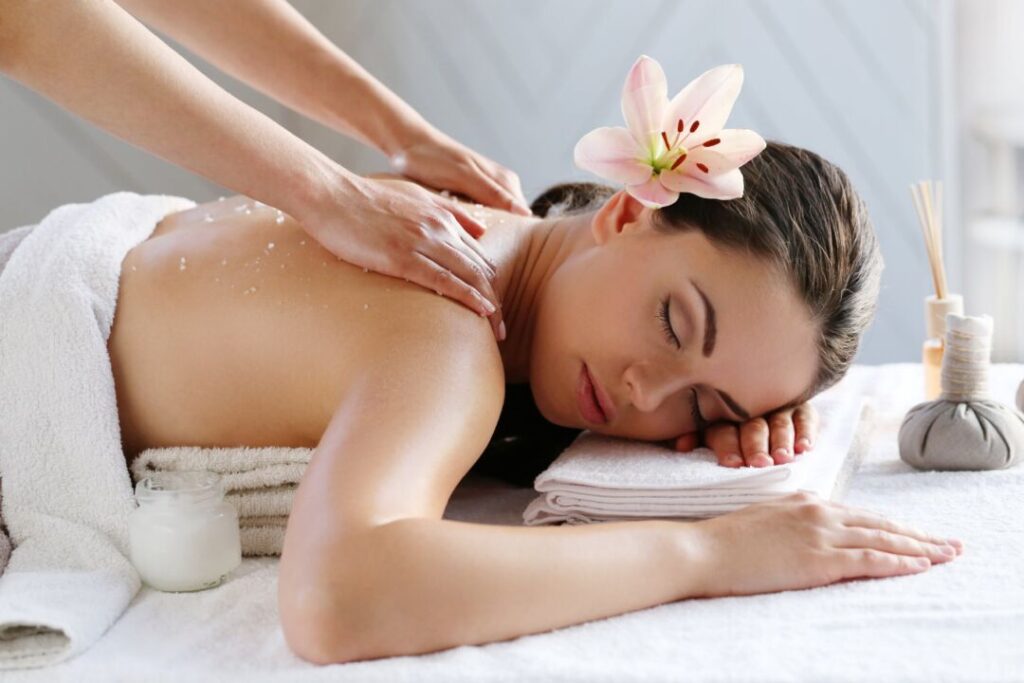
- Herbal remedies. If you’d like to try the old-fashioned way, there are plenty of recipes for herbal teas that can be made at home. The most common ingredients include chamomile and peppermint, although other herbs such as rosemary and echinacea are also used.
- Hot compress. A hot water bottle can help reduce inflammation in your body when you have migraine headaches by providing warmth that opens up blood vessels so they function better under pressure from migraines.
- Massage therapy: This is another great way to relax during a migraine attack since it helps relieve pain along with reducing muscle tension. As with any treatment method, make sure you discuss any concerns with your doctor before starting one or continuing one after starting it (e.g., if they’re worried about side effects).
Herbal Remedies for Migraine Headache
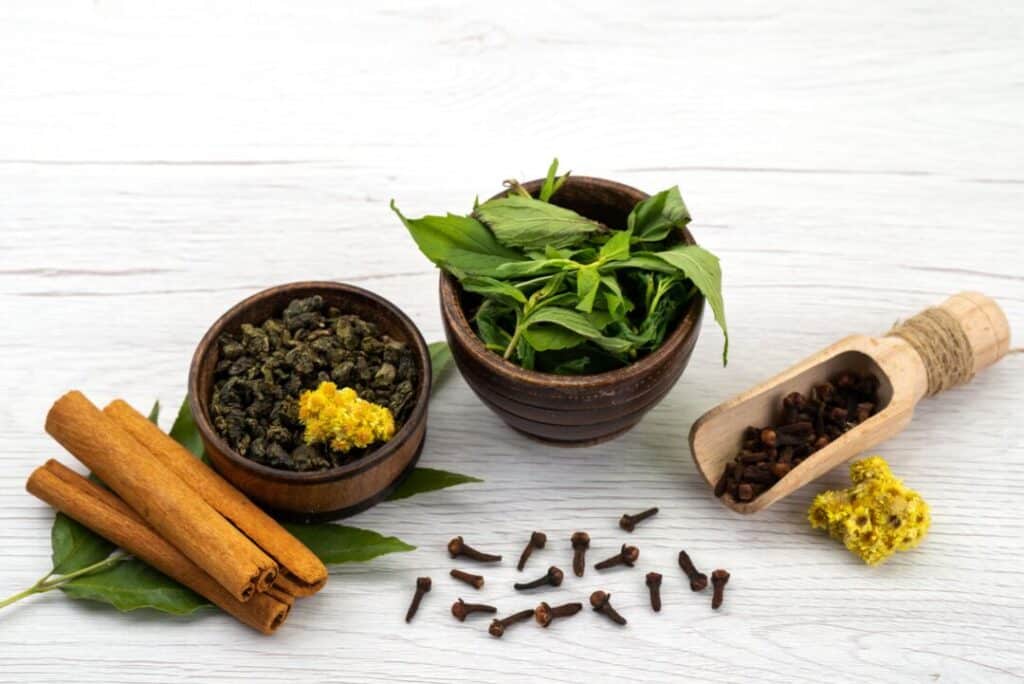
There are several herbal remedies for migraine, but you should always talk to your doctor before taking any of them.
- St. John’s wort: This herb has been shown in some studies to be effective at reducing pain and inflammation during an attack. It’s also used as a mood enhancer, so it could help with depression as well. You can find it at many health food stores or online—just make sure you buy the product that contains a standardized extract (which means it has been tested for effectiveness).
- Feverfew: Feverfew contains ergot alkaloids, which are thought to reduce migraines by constricting blood vessels around the brain and narrowing down blood flow into certain areas of the brain—like where migraines originate from! In one study conducted by researchers at Johns Hopkins University School of Medicine in Baltimore MD., they found that people who took 200 milligrams per day experienced fewer attacks than those who didn’t take any medicine at all. They also noted that dosage didn’t matter when comparing side effects between different doses; however, if you don’t want any side effects whatsoever then stick with one dose per day unless otherwise directed by your doctor
Ayurvedic Cure for Migraine Headache
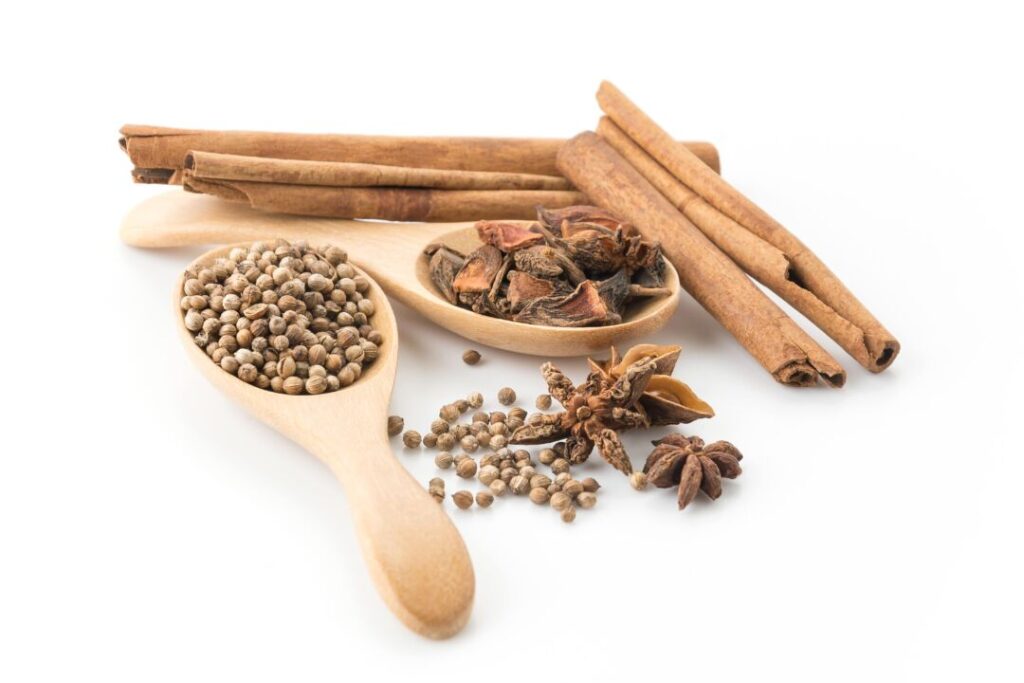
- Massage the temples.
- Use a cool compress.
- Get plenty of rest and eat healthy food, like fruits and vegetables to reduce inflammation in your body. You can also try drinking warm tea or water instead of coffee or hot chocolate so it will relax your nerves without causing headaches too much trouble for you!
- Avoid alcohol, caffeine, and nicotine as these may cause dehydration (which can lead to migraines). If you do drink them anyway then try drinking less than usual because this may help prevent another migraine from occurring later on down the line!
- Do yoga or meditation every day if possible – they’ll help reduce stress levels while helping improve your overall health level which will ultimately result in fewer headaches overall! Plus there’s nothing quite like feeling refreshed after a session with this activity…and feeling relaxed afterward too 🙂
Yoga for Migraine Headache
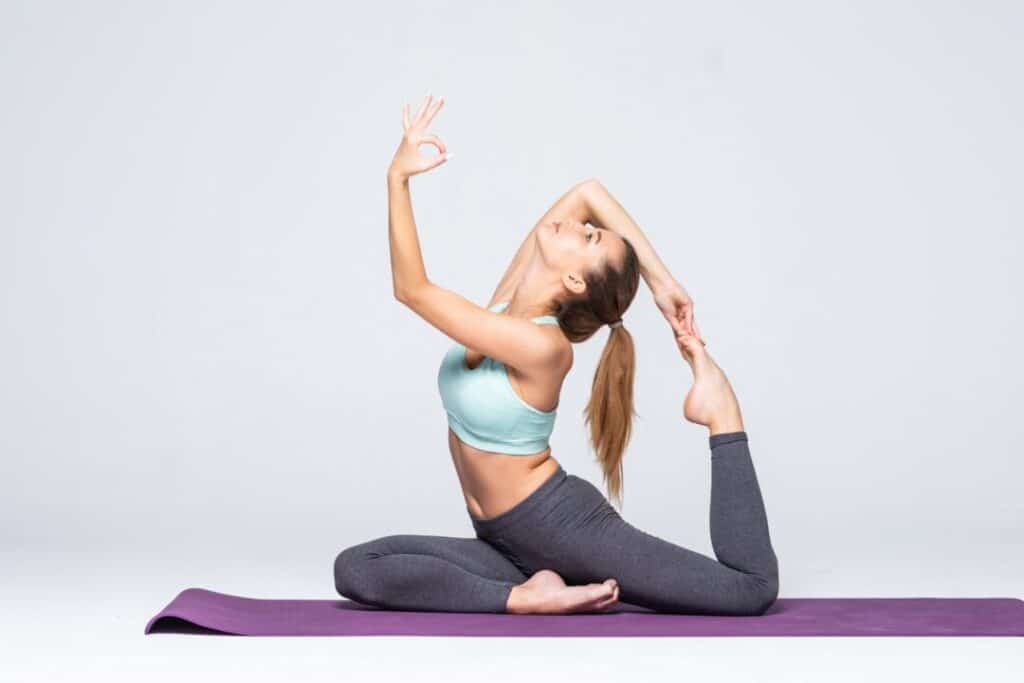
It is a great way to relieve stress, improve your mood and sleep better. And also helps you relax and improve flexibility, posture, breathing techniques, and overall health.
Yoga can be done at any time of the day or night. Not necessary to do it in the morning before work! If you have headaches then yoga is an excellent way to reduce their frequency. As yoga increases blood flow through your head (it’s also good for improving general well-being).
Conclusion
Migraine is one of the most common disorders in the world. Some people experience it once in their lifetime, while others get it more often or have just one bad migraine episode. It is very frustrating to deal with. But there are some easy ways to treat your migraines at home so you can live life without pain!
